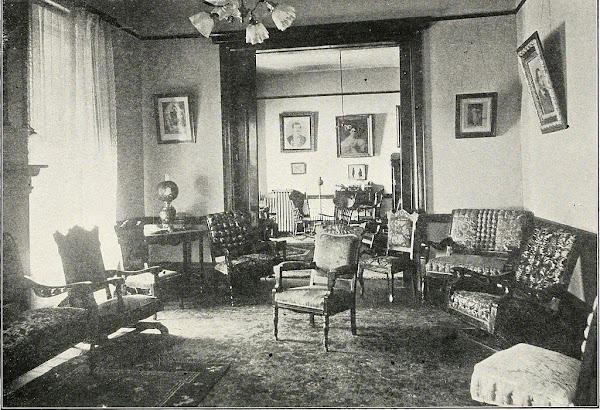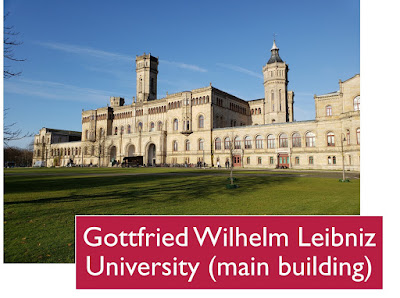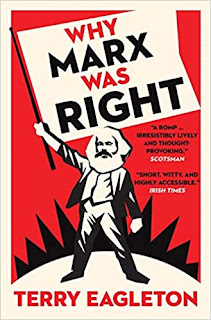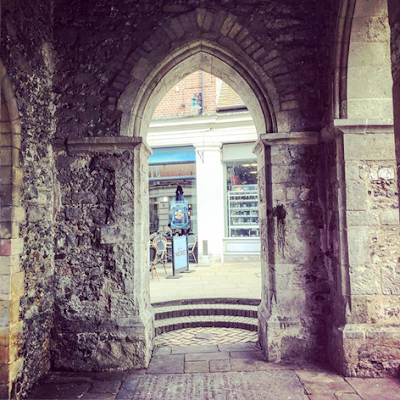Part 2 - Scots Confession, History & Theology
This is Part 2 in a series of adult education (Sunday School) classes that I taught at St. Charles Presbyterian Church (USA) in the early months of 2020. It provides a fairly thorough discussion of the Scots Confession's history and theology targeted (hopefully, effectively so) at the generally educated churchgoer. Part 2 gets into the background of the Scots Confession. It surveys the state of the late medieval Christian Church as well as a number of reform movements (Francis of Assisi, Wycliffe, Hus, etc.) and gives a brief overview of Martin Luther's reformation and theology. It also explores chapters 6 - 10 in the confession itself, addressing topics like the incarnation, election, christology, atonement / salvation, and the creedal descent into hell. This is Part 2 in a 5-part series. You can find the series index here . Here are some quotes from the episode: "And once you have an institution with a lot of wealth and power, what happens next? Corruption a...








